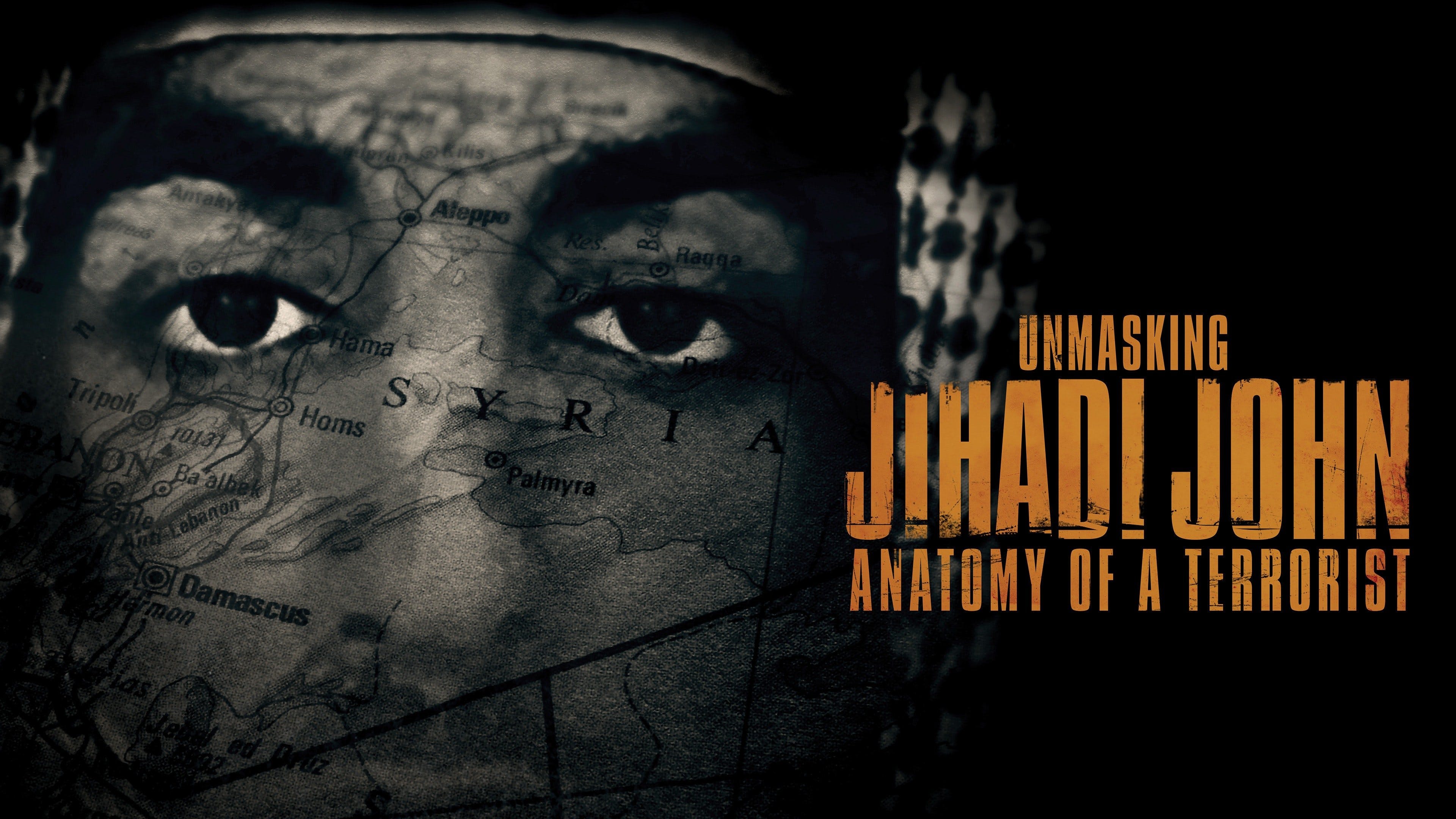
The complicated ethical, moral and legal dimensions of this film were at the forefront of our minds during all the production phases. But rather than seeing them as obstacles, we relied on them to frame our editorial and practical decisions. We wanted to produce a journalistically accurate analysis of ISIS and its chief propagandist Jihadi John without in any way sensationalising the poisonous ideology he espoused.
Yet at the heart of our current affairs film was a cinematic vision: we wanted it to feel like a fast-paced thriller with surprising revelations from intelligence and military chiefs who are rarely self-critical. But above all, we wanted to humanise the emotional devastation felt by freed Isis hostages and the families of those who were killed by members of the terrorist organisation.
During production our offices were kept separate, private and closed off from other production offices at Nutopia in order to protect the journalistic integrity of the film and the sensitives relating to our contributors who were former officials at intelligence agencies including GCHQ, MI5, CIA, and SO15.
Our ambition was to tell the definitive story on the formation and collapse of Isis and the human tragedy it left in its wake. We assembled a cast of 20 contributors who ranged from former Isis hostages, to high ranking military generals and senior intelligence officials on both sides of the Atlantic.
Some of our intelligence contributors took more than one year to agree to a filmed interview because of the operational secrecy surrounding their work. And one of the hostages, Federico Motko, had never spoken about his ordeal on camera. But, like the families of other hostages, he was desperate for justice and wanted to the two remaining Isis Beatles - Alexanda Kotey and El Shafee Elsheikh - who were part of Jihadi John’s terrorist cell to be prosecuted and imprisoned for their crimes.
The interviews were studio-based, each around 4 hours long, and intense. One of the main challenges was to persuade intelligence and military officials to be as detailed as possible in their interviews, but we also had the responsibility of protecting them from themselves. They are signatories to Official Secrets Act and we had to ensure that their revelations would not be in breach of the law because that could have also compromised the film and our ability to broadcast it.


